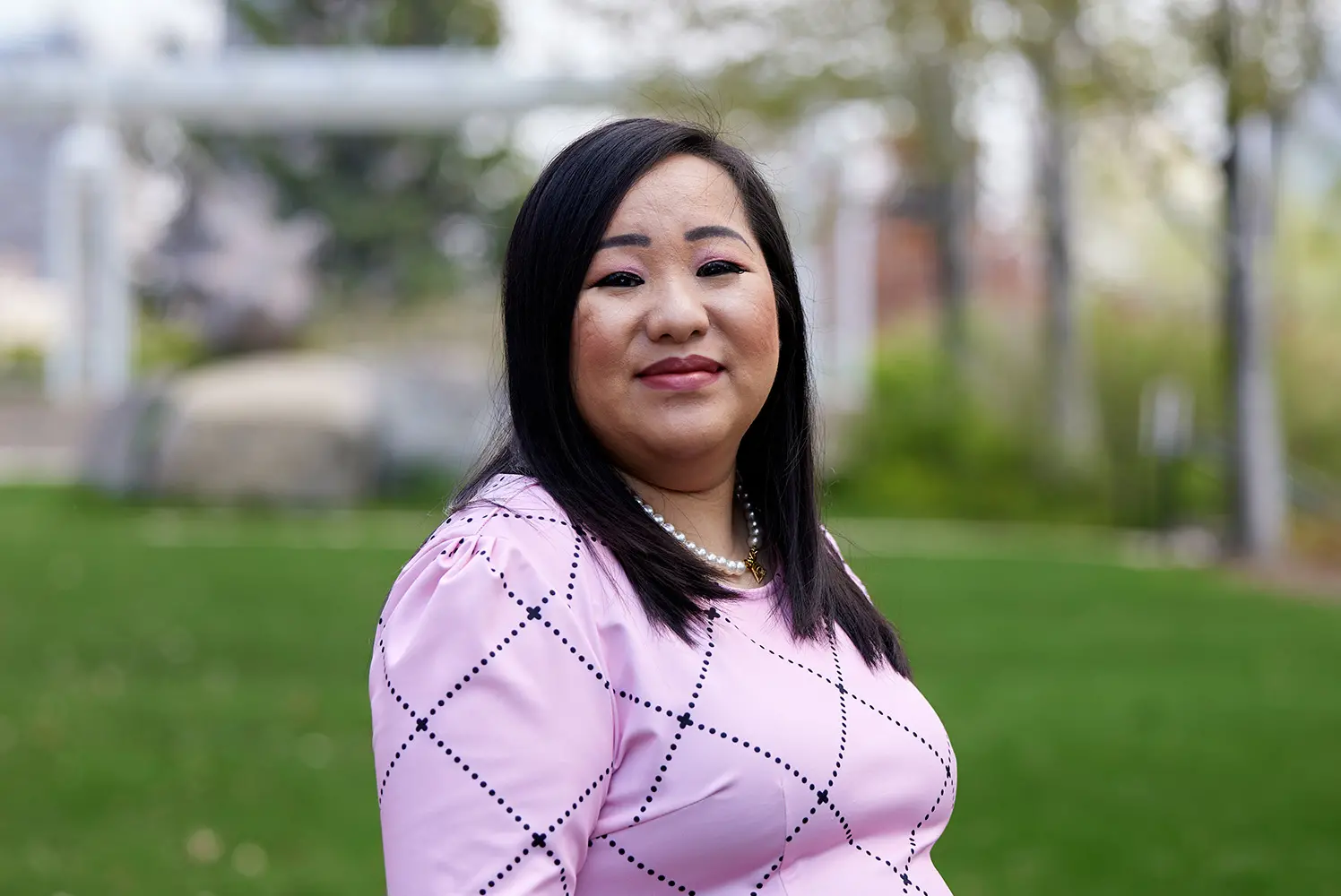Personal and professional growth.
With a well-rounded education in various subjects, you’ll better understand the world around you and be better equipped to navigate it. Additionally, an AA degree can increase earning potential and open doors to higher-paying job opportunities.
Flexibility in career paths.
An AA degree provides a solid foundation for various careers and industries. Whether you’re interested in social work, business, or healthcare, an AA degree can be beneficial in helping you pursue your desired career path.
Higher job stability.
A diverse skill set and knowledge base are crucial in today’s ever-changing job market. An AA degree can provide you with a wide range of skills and knowledge, making you more employable and increasing job stability.
Transfer opportunities.
Many four-year institutions have transfer agreements in place with community colleges for students who have completed an AA degree. This means your credits are more likely to transfer, saving you time and money in the long run.


